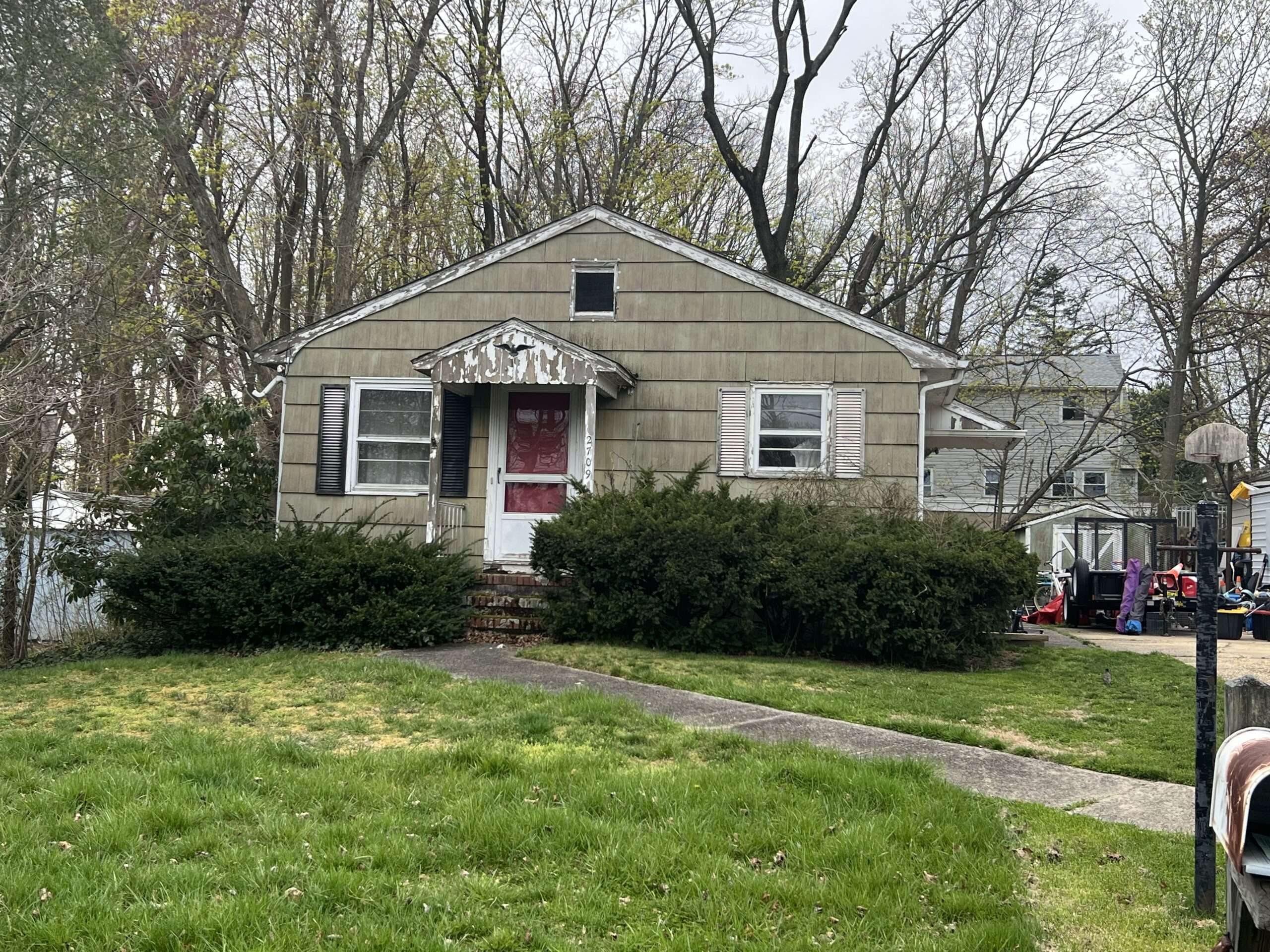Whether your home maintenance got away from you, you didn’t have the money, or you inherited Granma’s house. This blog post should give you some ideas on how to sell a distressed property. Repairs can get overwhelming when you ask yourself, should I make repairs then sell the home? Should I find a buyer and sell it, or should I consult with a real estate agent? It is not easy to price a house and find the right buyer. Don’t worry, It is possible to sell your property and possibly walk away with some cash in hand despite its condition.
Assessing the Property
Before you start selling your distressed property, you must look closely at the home’s condition. An assessment of different areas in order to determine the value. The most critical areas you must inspect are the structure, roof, plumbing, electrical, and the HVAC system. A certified home inspector can check these areas if you aren’t comfortable doing it yourself. You need to check for any damage to the house that could affect any of those areas. You must contact your municipality to check if the property has no open permits. Check with your municipality’s zoning laws that could affect the property. If you gather as much of this information
Setting the Price
Once you assess the home, you will have a better idea of the value of the home. You have to consider your closing costs associated with the sale, legal fees, taxes, and possible transfer fees. It is essential to set your price correctly; if the pricing is too high, you will not see enough traffic to your home. However, if you price slightly lower than your target price, you could get closer to your goal. It is essential to consider the market conditions, presently sold and currently listed homes in your neighborhood, as well as the market conditions. Check if there are any tax credits or incentives from the government.
Preparing the property for sale
Now that you have determined the condition and know the price, you can start preparing to sell your distressed property. Start by making necessary repairs, clean and straighten the home, and consider painting. Gather any paperwork, like a copy of the title, utility bills, and any documents you feel might be helpful. Do you need to stage the home or add furniture? Remove personal items such as family photos so buyers can picture themselves in the house.
Once listed, you will need to schedule showings with buyers. these showings will be scheduled through the buyer’s agent at random hours. This is another complaint from FSBO sellers is finding the time in your day to show the house.
Finding a Buyer
Now that you have a price and prepped your property, it’s time to market and attract buyers. This is extremely difficult on your own; if this is done incorrectly, you could attract the wrong buyers who will lowball your house. You could post on websites, print flyers, and advertise in your local newspaper. According to the National Association of Realtors, you should consider hiring a realtor because the For Sale By Owners (FSBO) loses an average of 23%.
Negotiating the Sale
Once you start attracting buyers, you must be careful of what you say to a possible buyer. You have to negotiate and keep the buyer interested when you find the buyer. According to FSBO sellers, this is their biggest complaint and the most challenging task. The real estate agent is skilled at negotiating, and they will vet the buyers and schedule a showing. The real estate agent also has many tools to market your property and find buyers.
Your buyer will schedule an inspection, and you will have to negotiate the inspection in an appropriate amount of time. With your distressed property situation, you should have the buyer agree to an as-is sale. In this case, your buyer will most likely inspect the house for structure, electrical system, plumbing, and environmental issues.
You will need to contact your township to schedule your certificate of Occupancy (CO) as soon as possible; every town is different, so you need to schedule this ASAP so you don’t have to delay your closing.
Closing the Deal
When you agree with the buyer on all issues, it is time to plan for the closing. This involves signing all the necessary paperwork and transferring the title of the property to the buyer. It’s important to review all the paperwork with your attorney to make sure everything is in order. Once all the paperwork has been signed and the title has been transferred, you will receive the funds from the sale, and the property will be officially sold.
This is best left for a real estate agent to handle for many reasons. To conserve time, the agent has a deep database of buyers, investors, mortgage partners, and home inspectors. They will have extensive marketing plans and negotiating skills to secure a deal.
I have a team in my database that would assess your property, renovate your property, and then split the profits after the sale. This option has helped many homeowners out, which could work for you if your property qualifies. Contact me to schedule a free consultation.
Recent Posts
Navigating Probate: A Compassionate Guide for Those Grieving
Introduction In the wake of losing a loved one, grief can be overwhelming. Amidst the emotional turmoil, managing the complexities of probate can feel like an insurmountable challenge. Probate is...
Unlock Up to $22,000 in NJ First-Time Homebuyer Grants! Are you thinking about your first home but worried about affordability? Discover the NJ First-Time Homebuyer Grant, offering up to $22,000...



